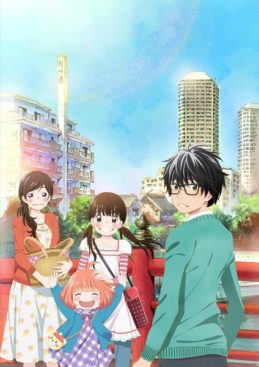 March Comes in Like a Lion (Crunchyroll) was one of my two favorite shows last fall. (The other of course was Girlish Number.) (The Japanese title is Sangatsu no Lion “The Lion of March,” sometimes written 3-gatsu no Lion.)
March Comes in Like a Lion (Crunchyroll) was one of my two favorite shows last fall. (The other of course was Girlish Number.) (The Japanese title is Sangatsu no Lion “The Lion of March,” sometimes written 3-gatsu no Lion.)
This is sort of a sports anime, but an unconventional one–and not because the “sport” is a board game. In anime and manga any competitive activity can be the basis of a “sports” story, but the usual convention is to start with some young people who love the game but aren’t all that good at it, and follow them as they become champions through dedicated practice and teamwork.
Here we have a protagonist who is extremely talented, obviously a potential champion, but who started playing for the wrong reasons and now feels trapped. The real question is whether he can overcome the emotional scars of his youth and learn to love the game. (Or failing that, find a way to be happy doing something else.)

Rei Kiriyama is a 17-year-old professional Shogi player who lives alone in a barren Tokyo apartment, constantly practicing and studying the game. He feels alone and afraid, and has felt that way since he was a young boy when his parents were killed in an accident.
(Shogi, or “Japanese chess”, is related to European chess, being descended from the same ancient Indian game. Shogi is more complicated though, with a larger board, tricky promotion rules and the ability to use your opponent’s captured pieces.)
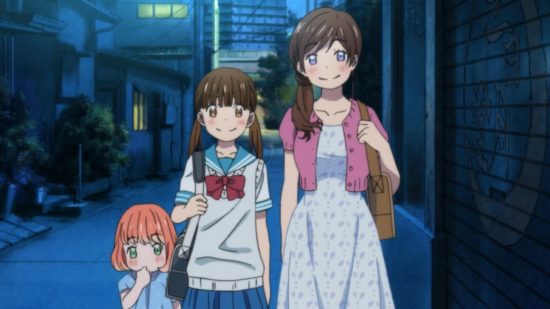
The main bright spot in Rei’s life are three sisters who have more-or-less adopted him. They live nearby in the neighboring ward of Sangatsu-chou (“March town”) which can be reached by crossing a picturesque low suspension bridge that can be seen from his apartment window.
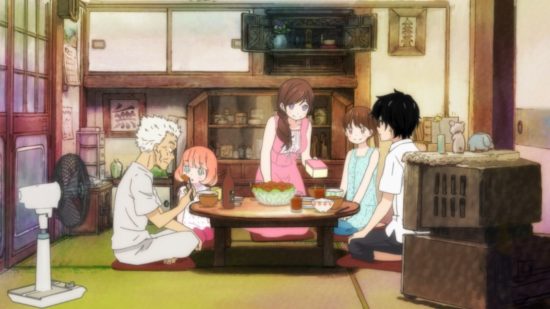
The sisters live in a cramped apartment with their grandfather and three cats. (The cats constantly make self-centered comments which fortunately no-one else can hear.)

Akari Kawamoto is the eldest sister, in her twenties. She is a confident motherly young woman who takes care of her sisters and seems to view Rei as another child in need of care. She works at her grandfather’s traditional confectionery shop. She also works part time as a hostess at her aunt’s bar in the expensive Ginza shopping district.
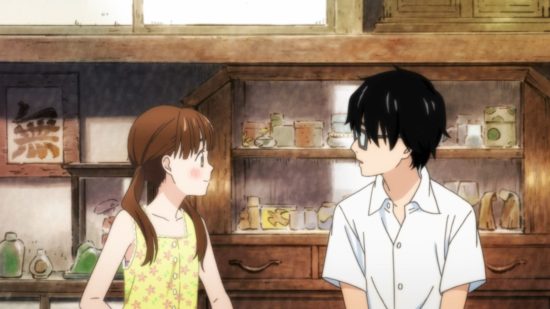
Hinata Kawamoto is in middle school. She is disorganized and easily flustered.
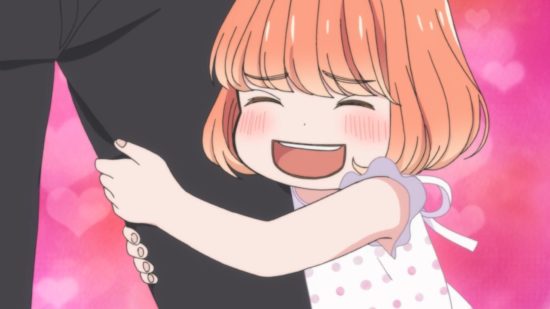
Momo Kawamoto is clingy and affectionate. She goes to nursery school.

When Rei was a little boy he started playing Shoji in order to spend time with his father, a busy man who was a dedicated Shoji player. He displayed an unusual aptitude for the game, which attracted the attention of Masachika Kouda, his father’s friend and rival who was even more of a Shoji fanatic.
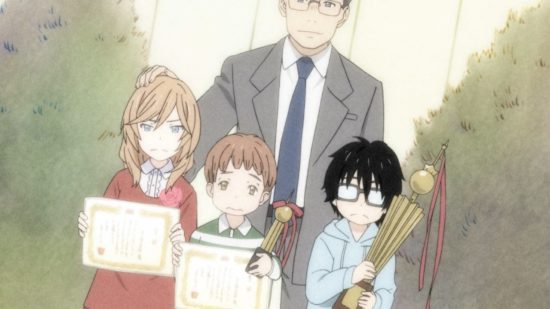
When Rei’s parents and little sister were killed by a drunk driver Kouda invited Rei to come and live with him as his apprentice. Rei assumed that he had to dedicate himself to Shogi as a matter of survival. He sensed that the Kouda children resented him and believed that if he did not excel he would be kicked out of the house.

Rei determined to become self-supporting as soon as he could. He qualified for the professional players association while still in middle school (rare but not unheard of.) Instead of going to high school he became a full-time professional and moved to Tokyo.
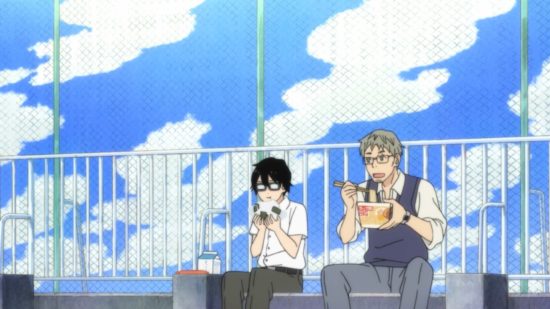
But something was missing in his life. After moving to Tokyo he decided to enroll in high school, while still supporting himself by playing Shogi. He feels lonely and isolated in school having little in common with the other boys. One teacher, Takashi Hayashida, is a Shogi geek and takes an interest in him, offering emotional support.
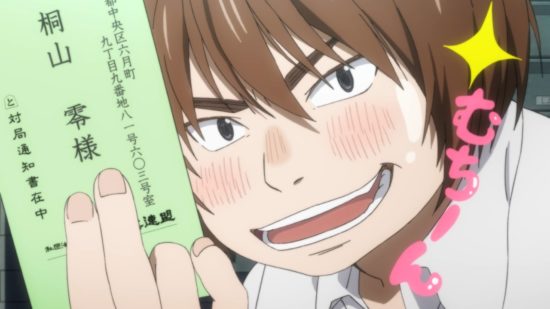
Harunobu Nikaidou is another young Shogi prodigy who considers himself Rei’s best friend and rival. He’s not really as talented as Rei but he genuinely loves the game, which Rei does not. He is a rich boy whose health is fragile and he is followed around by the family butler who keeps a close watch on him.
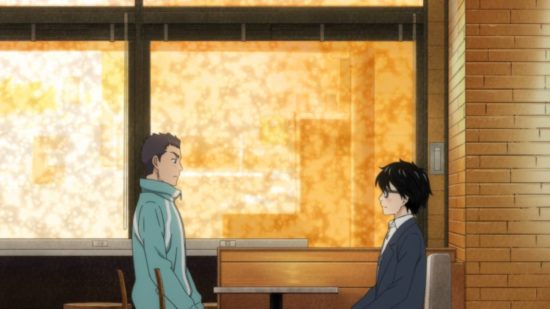
Yuusuke Takahashi was Hinata’s childhood friend who has developed into a hunky middle school baseball hero.
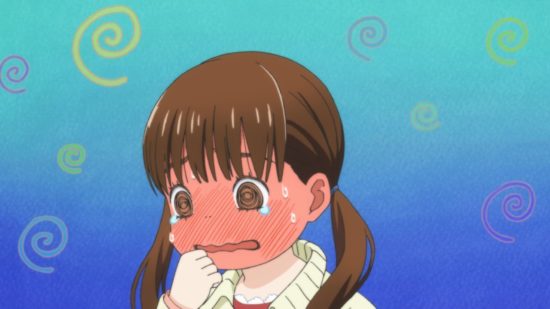
Hinata has developed a terrible crush on him and now falls to pieces whenever she tries to talk to him.
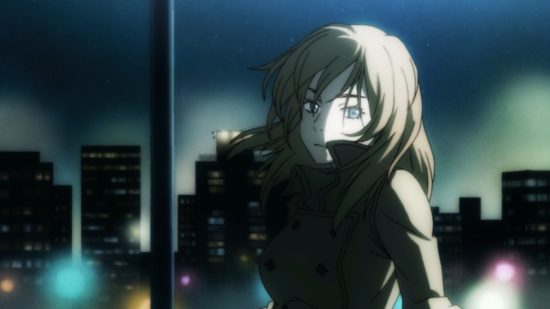
Rei’s foster sister Kyouko Kouda is a baleful presence who radiates malice. She blames Rei for the fact that her father lost interest in her once it became clear that she could never play Shogi at a professional level.
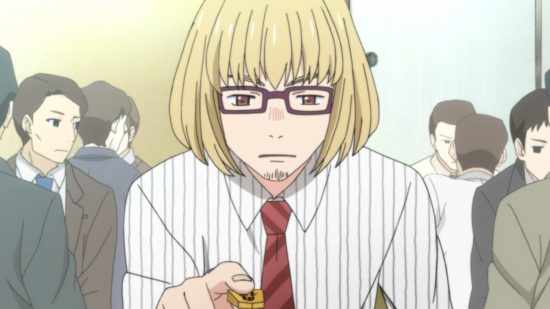
Tatsuyuki Misumi whom everyone calls “Smith” is a Shogi player in his twenties who gets along well with Rei.

Masamune Gotou is a much older and very skilled Shogi player. He has a cold sadistic manner. Kyouko is in love with him but he treats her disdainfully.

At this point there is probably only one cour left in the series, which will not be enough to complete the story of an ongoing popular manga which probably has a long time to run. I hope that the series finds a satisfactory stopping point. Rei has obviously had some very bad breaks but he also is lucky in some ways that he doesn’t fully appreciate. I hope to see him start to come to terms with this.

This series is controversial among fans of the manga. Guardian Enzo denounced it harshly, declaring that the choice of SHAFT as the studio and Akiyuki Shinbou as the director was inexplicable.
I haven’t read the manga and I did find the first episode offputting, but the more I’ve watched the series the more I’ve come to like it. (The first episode started in the middle of the story and didn’t make much sense until I’d seen the flashbacks in the later episodes.)
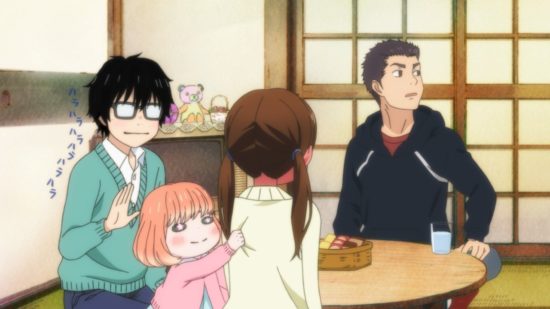
On the whole I think Shinbou’s minimalist style works well with this material, conveying both the drama and the warmth of the story. Shinbou’s work has previously been a mixed bag for me. I think he can be great with the right material but he often picks stories that I find uninspiring or infuriating.

